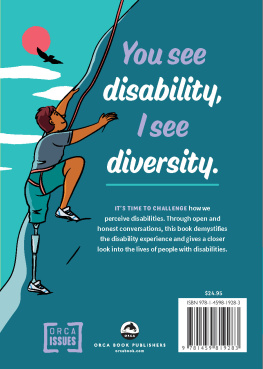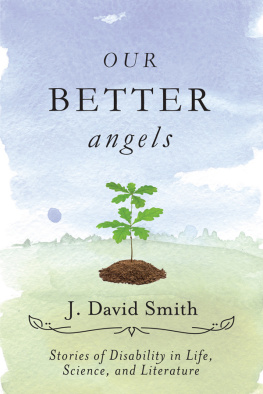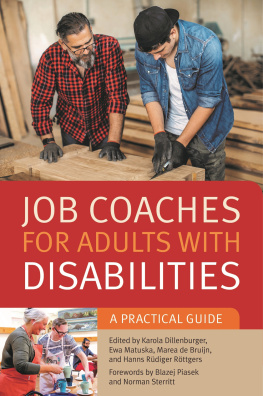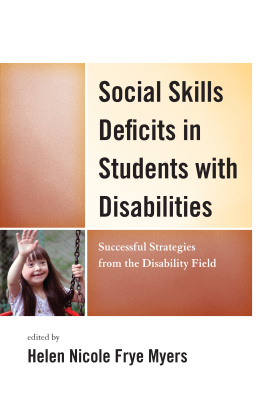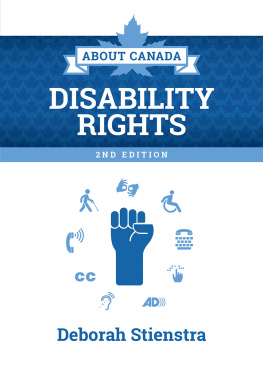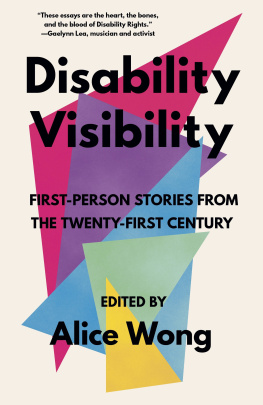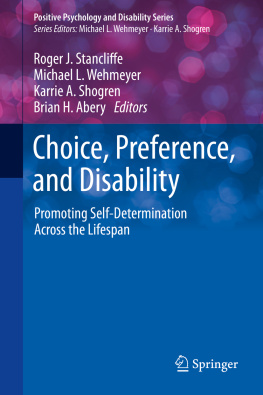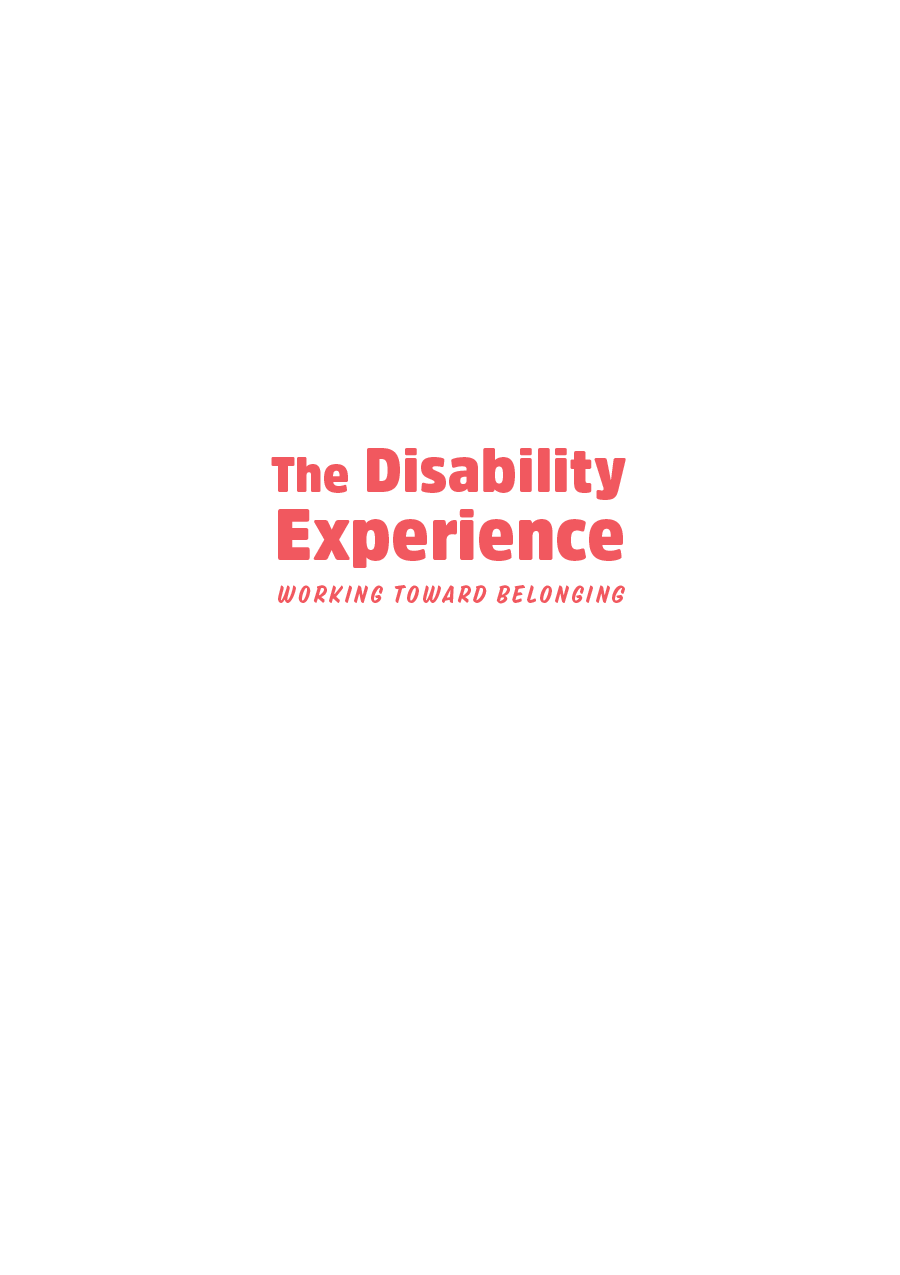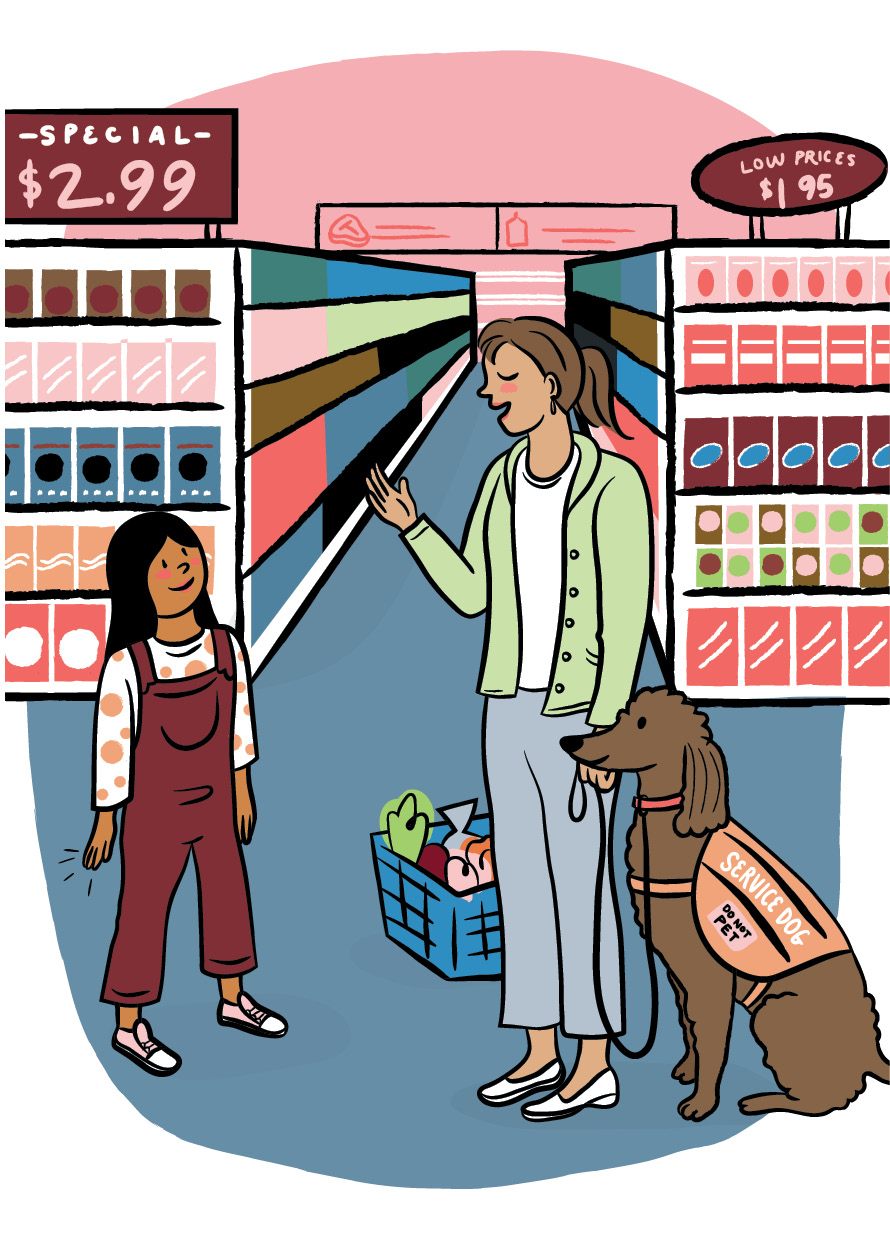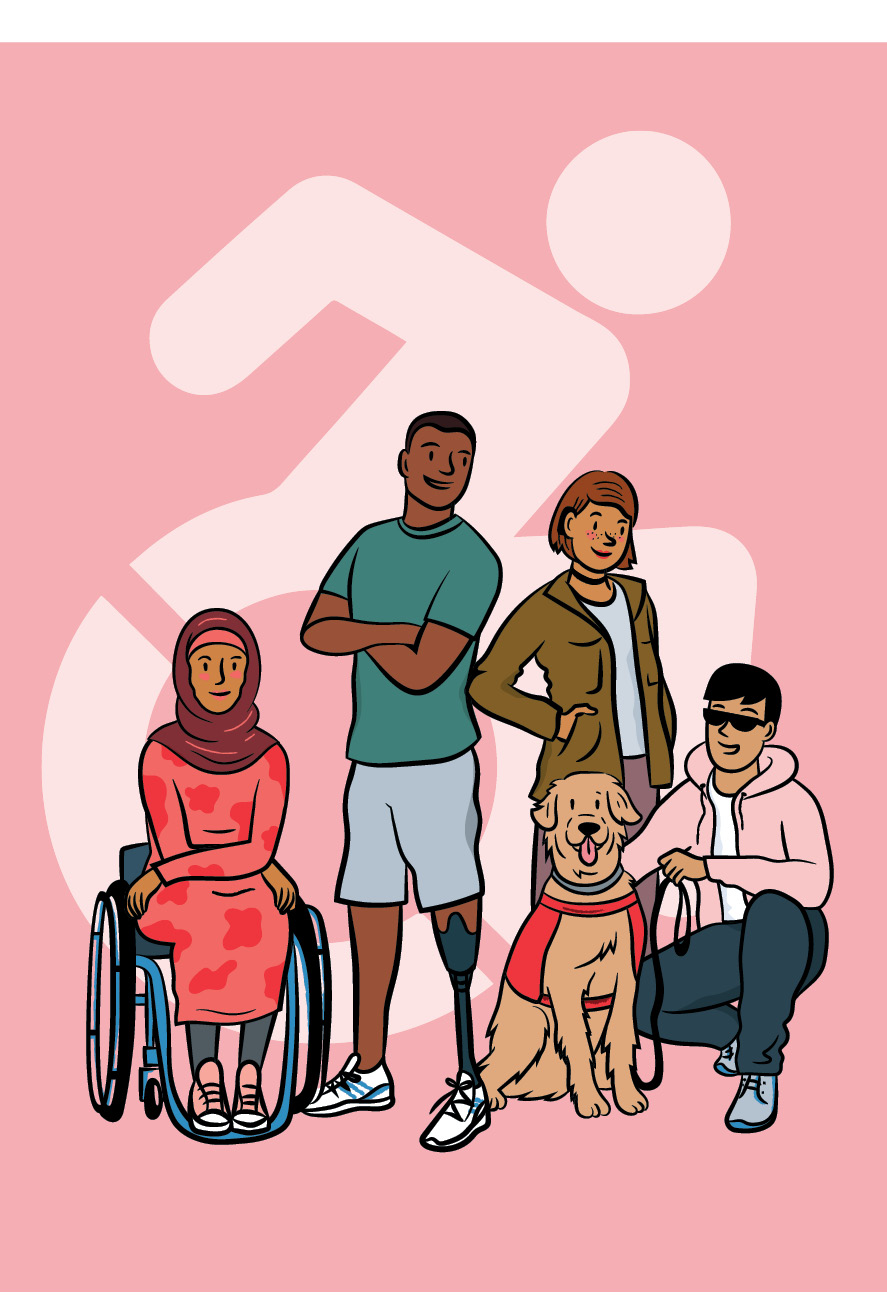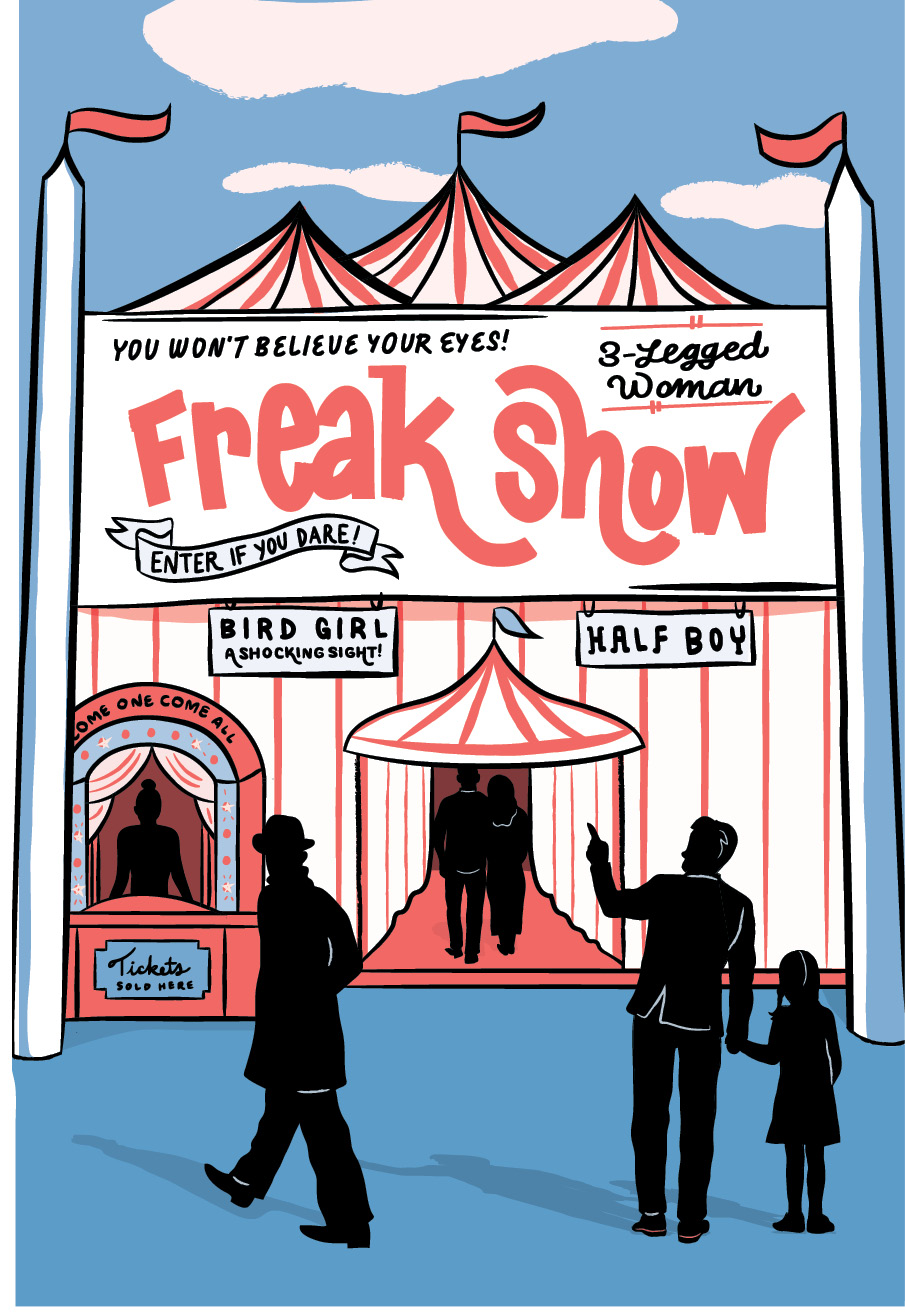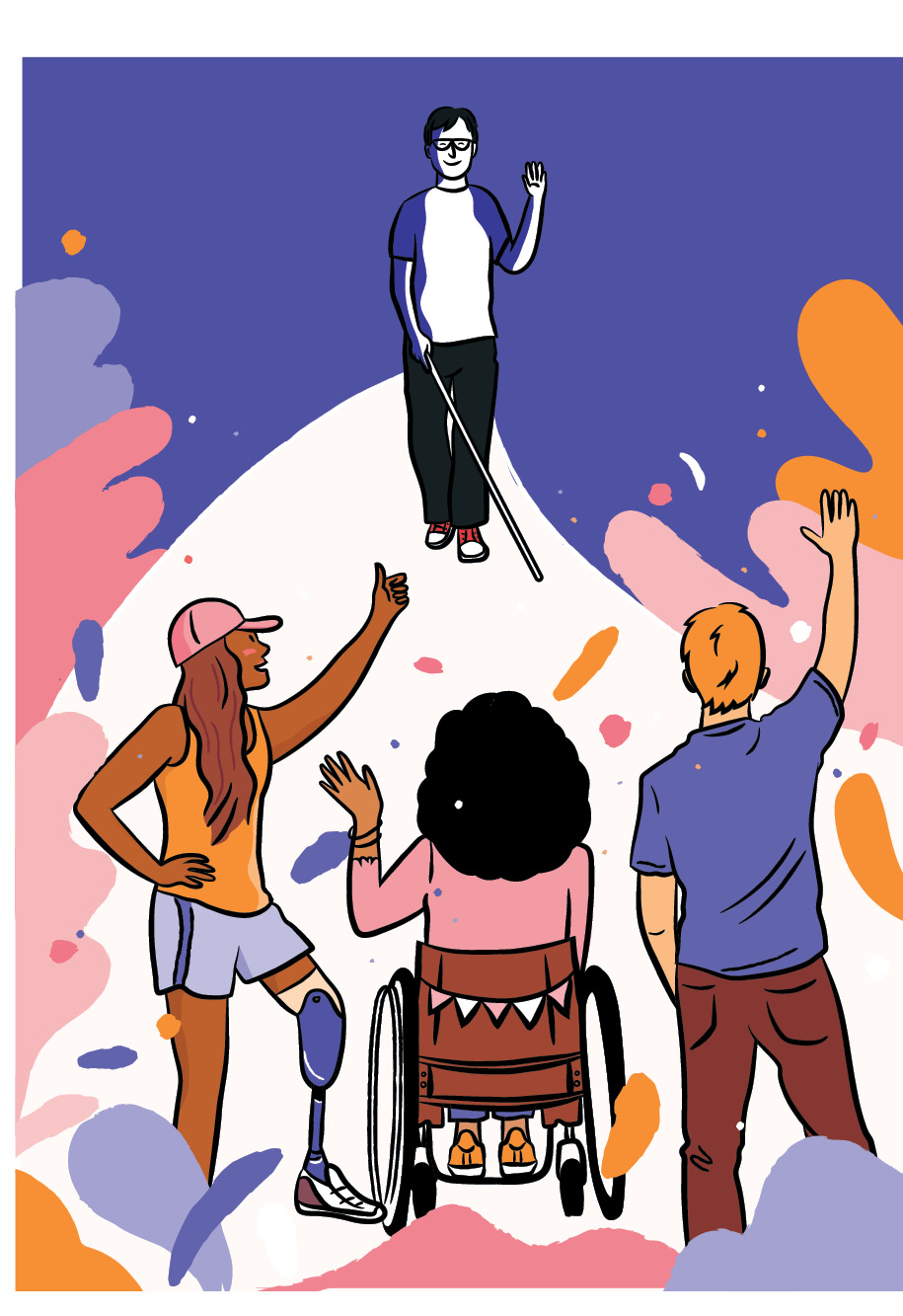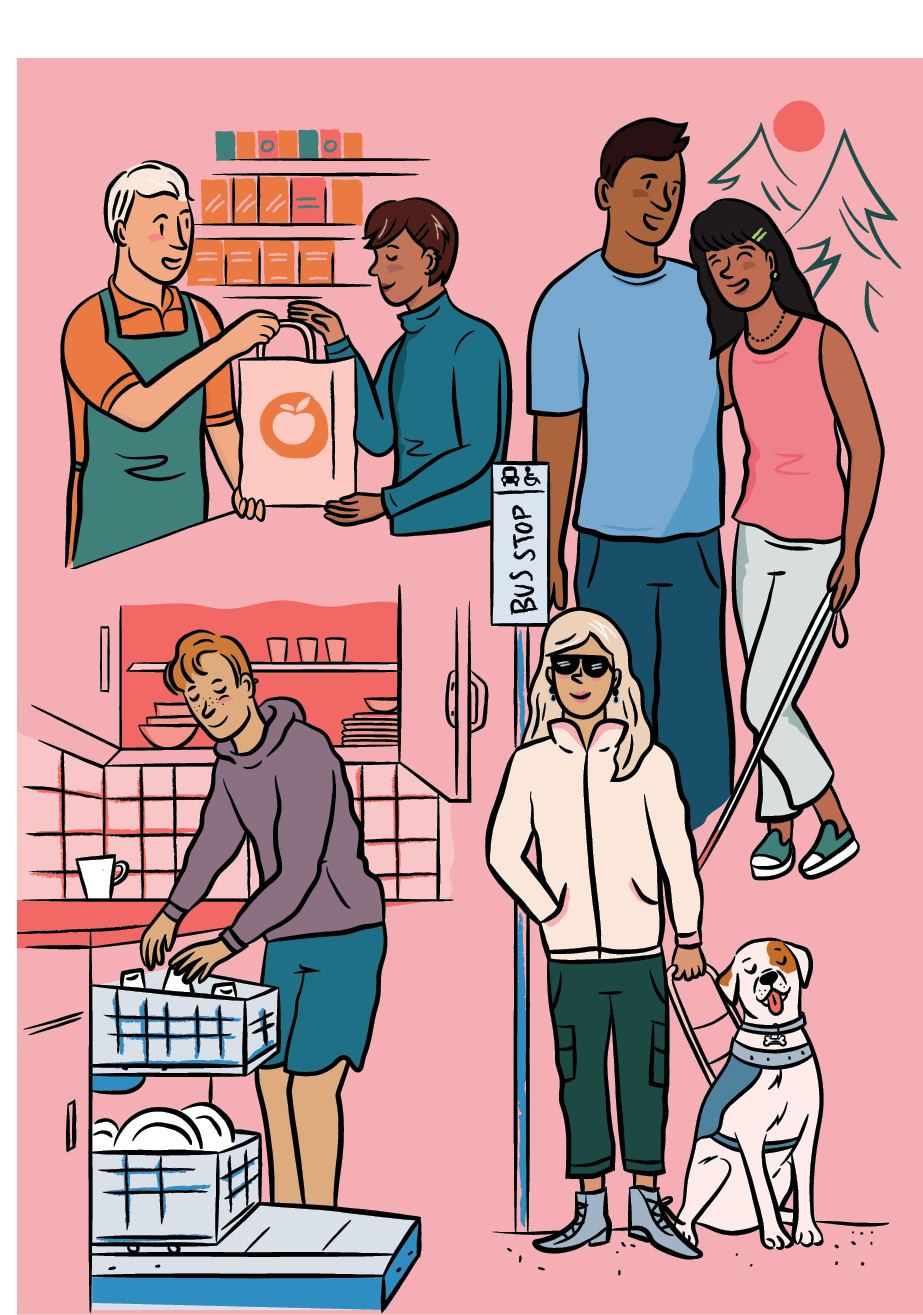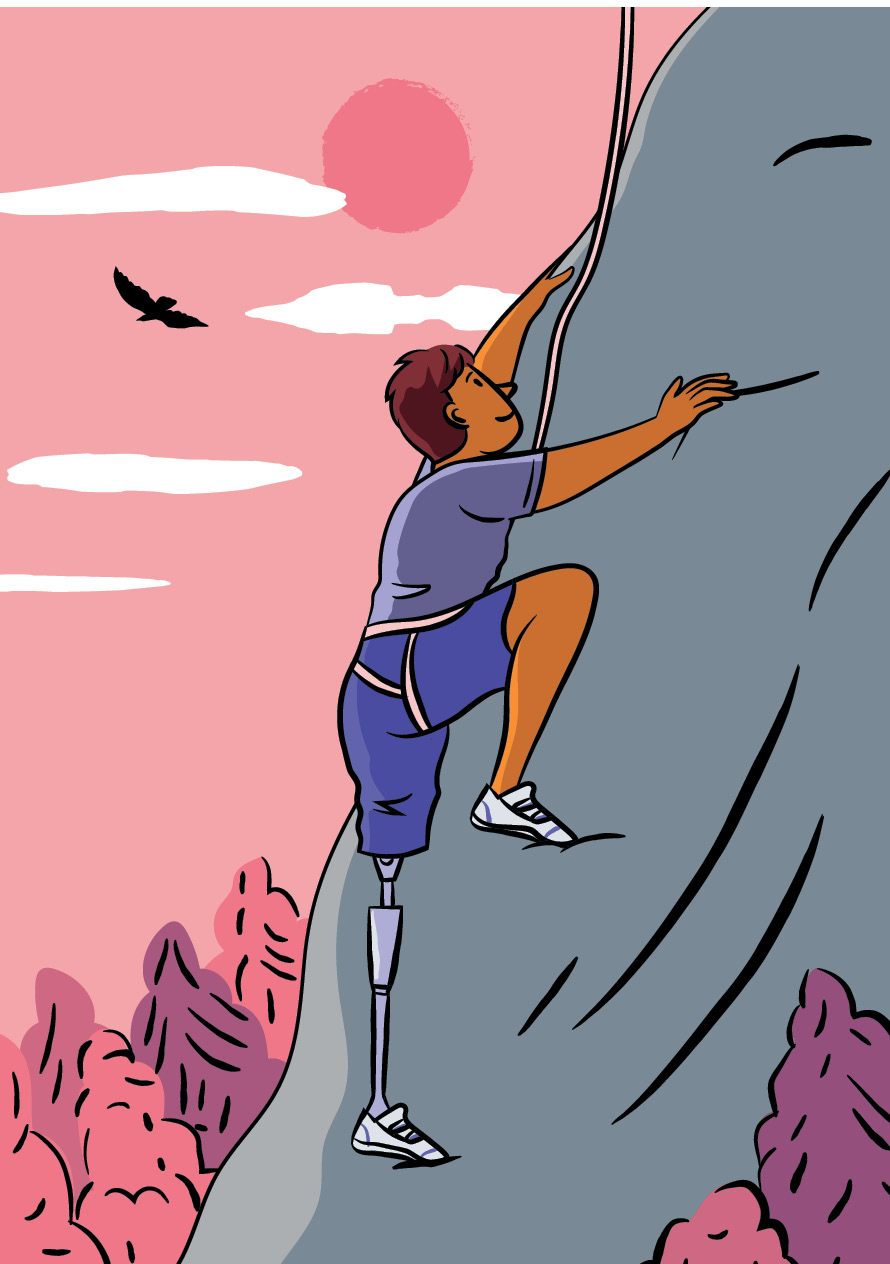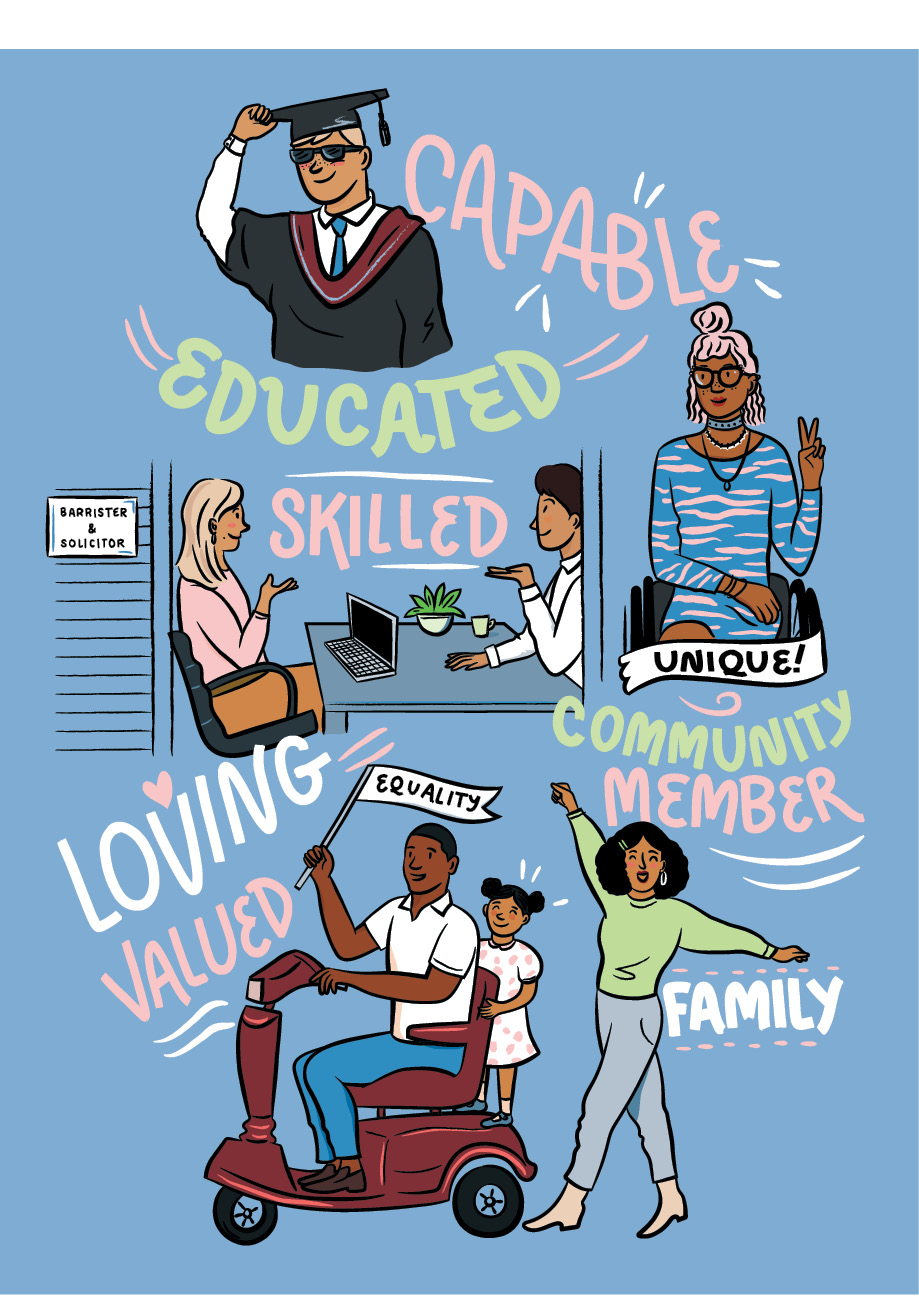Text copyright Hannalora Leavitt 2021
Illustrations copyright Belle Wuthrich 2021
Published in Canada and the United States in 2021 by Orca Book Publishers.
orcabook.com
All rights reserved. No part of this publication may be reproduced or transmitted in any form or by any means, electronic or mechanical, including photocopying, recording or by any information storage and retrieval system now known or to be invented, without permission in writing from the publisher.
Library and Archives Canada Cataloguing in Publication
Title: The disability experience : working toward belonging /
Hannalora Leavitt ; illustrations by Belle Wuthrich.
Names: Leavitt, Hannalora, author. | Wuthrich, Belle, 1989- illustrator.
Series: Orca issues.
Description: Series statement: Orca issues | Includes bibliographical references and index.
Identifiers: Canadiana (print) 20200335162 | Canadiana (ebook) 2020033610X |
isbn 9781459819283 (softcover) | isbn 9781459819290 ( pdf ) | isbn 9781459819306 ( epub )
Subjects: lcsh : People with disabilitiesJuvenile literature. | lcsh : DisabilitiesJuvenile literature.
Classification: lcc hv1568 .l43 2021 | ddc j362.4dc23
Library of Congress Control Number: 2020944960
Summary: This nonfiction book for teens provides a history of disability, describes types of disabilities and examines the challenges faced by people living with disabilities.
Orca Book Publishers is committed to reducing the consumption of nonrenewable resources in the making of our books. We make every effort to use materials that support a sustainable future.
Orca Book Publishers gratefully acknowledges the support for its publishing programs provided by the following agencies: the Government of Canada, the Canada Council for the Arts and the Province of British Columbia through the BC Arts Council and the Book Publishing Tax Credit.
The author and publisher have made every effort to ensure that the information in this book was correct at the time of publication. The author and publisher do not assume any liability for any loss, damage, or disruption caused by errors or omissions. Every effort has been made to trace copyright holders and to obtain their permission for the use of copyrighted material. The publisher apologizes for any errors or omissions and would be grateful if notified of any corrections that should be incorporated in future reprints or editions of this book.
Edited by Sarah N. Harvey
Design by Belle Wuthrich
Cover and interior illustrations by Belle Wuthrich
Printed and bound in South Korea.
24 23 22 21 1 2 3 4
To Elver Greening, a pioneering mother who refused to institutionalize her bright, beautiful daughter, Karen, who was born with cerebral palsy.
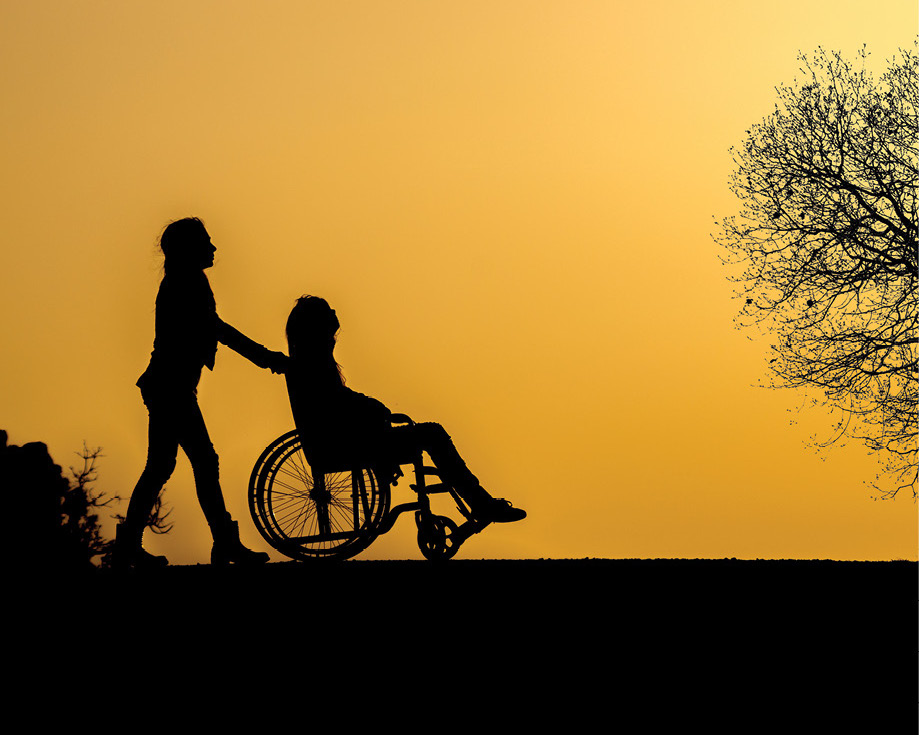
A Final Word from the Author
M y goal in writing this book has been to demystify the world of disability and otherness enough that you will now view pwd s with a discerning eye. Youll be able to distinguish individual types of disabilities rather than lumping them together. Youll understand that our independence may look different than yours and that our presence and inclusion are here to stay. The more we pwd s learn and share, the more we benefit.
When people comment that I dont look all that blind and that I do so well, I tell them Im good at being blind because I am. I subscribe to journalist Malcolm Gladwells 10,000-Hour Rule. Gladwell says that if you practice somethinga craft, an art, a skillfor 10,000 hours, you cant help but be good at it. By that measure, Im an expert! Living with a disability is a personal process of discovery. I know because Im living the process.
My research experience for this topic was lengthy, inspiring and sometimes shocking. The chapter on the history of disability was particularly difficult. Stories of abandoned disabled infants, the use of pwd s as entertainment and the wholesale institutionalization of generations of pwd s was beyond disheartening. You might say the treatment of pwd s throughout history was how it was back then. I get that. Its not like that now. I get that too. But why does the historical record show centuries of abuse toward its marginalized citizens? Are societies hardwired to reject the other?
The good news is that you and your peers, as well as young pwd s, are a generation capable of great learning and positive change. If you put down this book and think, Hey, were pretty much all the samewe can do this, then Id say Ive done my job.
Glossary
accessibility the design of products, devices, services or environments for people with disabilities; the ability to access and benefit from some system or entity
acquired disability a disability whose onset occurs after birth
activities of daily living ( adl ) key daily tasks, such as the ability to eat, bathe and dress independently, which are assessed to determine level of physical disability
adaptive behavior an individuals ability to apply social and practical skills in everyday life
adaptive clothing clothing that takes into account the limited ranges of motion some disabled people experience
adaptive technology special versions of already existing technologies or tools that provide enhancements or different ways for pwd s to interact with technology
American Sign Language ( asl ) the recognized cultural language of the deaf and hard-of-hearing community in North America
braille a form of written language for blind people in which characters are represented by patterns of raised dots that are read with the fingertips
carded athlete an elite disabled athlete who receives government funding to assist with living and training expenses
closed-captioning text subtitles for the deaf or hard of hearing
cochlear implant a small, complex electronic device that can help provide a sense of sound to a person who is profoundly deaf or severely hard of hearing
cognitive ability, or intellectual functioning ability to plan, comprehend and reason
congenital disability a disability present at birth
cultural norms the shared expectations and rules that guide the behavior of people within social groups

